Remember when checking a bag was just part of flying? Those days are long gone. Airlines have turned luggage into a serious money-maker, with fees that can easily exceed what you paid for your actual seat. The upside is that clever travelers have figured out plenty of legitimate ways to beat these charges.
Airlines actually build loopholes into their baggage policies — whether through credit card partnerships, loyalty rewards, or quirky rules that work in your favor. Here is a list of 17 baggage fee workarounds that airlines actually allow.
Airline Credit Cards
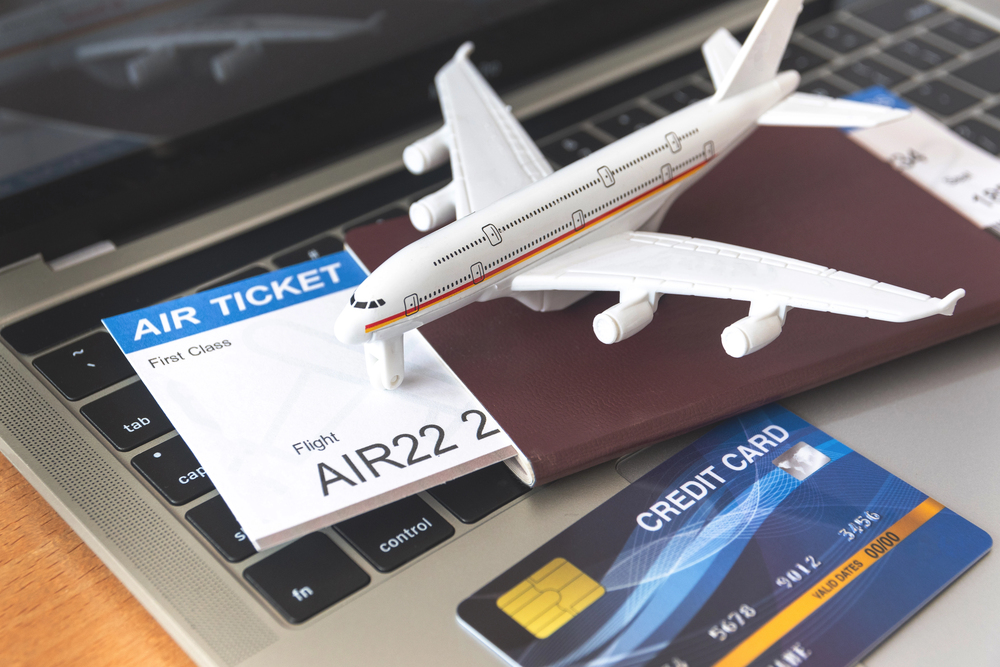
Snagging an airline-branded credit card remains the most straightforward path to permanent baggage fee relief. Most major carriers bundle free checked bags as a core benefit with their cards. Delta’s SkyMiles cards let you check that first bag without charge on every single flight, and the perk covers up to eight travel companions on your reservation. It’s like investing in a backstage pass — you pay once upfront, then skip the fees all year long.
Elite Status Benefits

Elite flyers almost never deal with baggage fees, yet earning basic elite status isn’t the impossible feat many imagine. Airlines typically award their entry-level tier after 25,000 miles or 30 flight segments annually. That breaks down to roughly two or three monthly trips for regular business travelers. Hit that benchmark and you’ll score free checked bags, priority boarding, plus other perks that make travel noticeably smoother.
Military Personnel Exemptions

Active duty service members can check up to five bags at no cost on most airlines — even during personal travel. This generous benefit extends to family members traveling on the same reservation. You’ll need that military ID at check-in, though it’s among the industry’s most comprehensive baggage policies. Several airlines also provide similar accommodations for veterans and National Guard personnel.
Carry-On Maximization
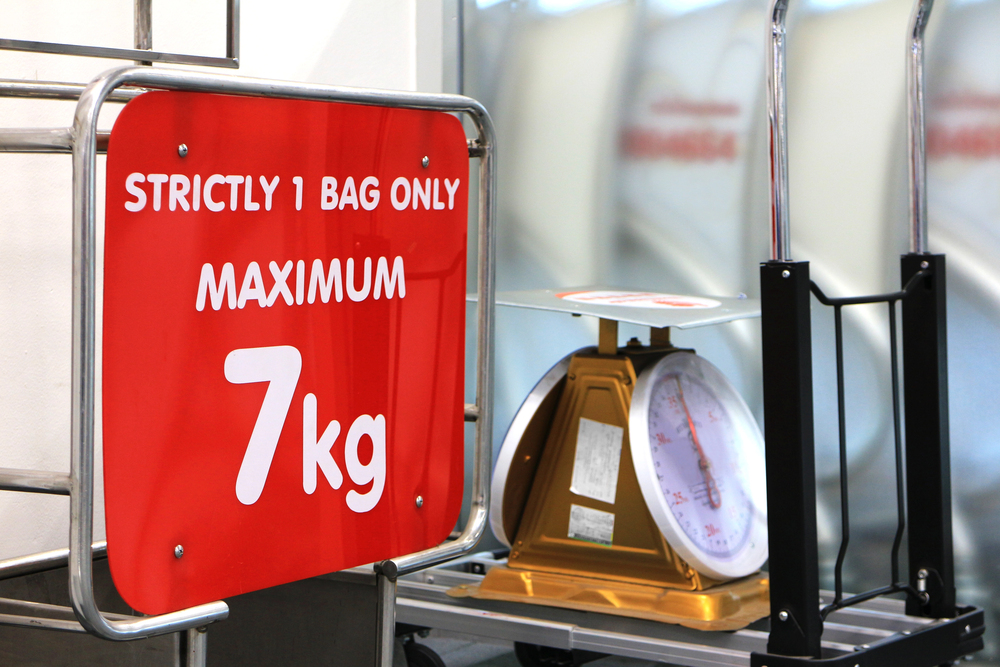
Mastering efficient packing within carry-on restrictions is your ticket to avoiding baggage fees entirely. Airlines permit one carry-on bag plus one personal item — so maximize both options. Your personal item might be a backpack, large purse, or compact duffel that slides under the seat ahead of you. Load heavy stuff into your personal item since carry-ons typically don’t have weight limits.
Duty-Free Shopping Bags

Here’s something most travelers don’t realize: airlines generally don’t count duty-free shopping bags against your carry-on allowance. Buy something modest at the duty-free shop, then use that bag for extra storage space. This strategy works particularly well on international routes where duty-free shopping is routine and expected.
Wearing Heavy Items
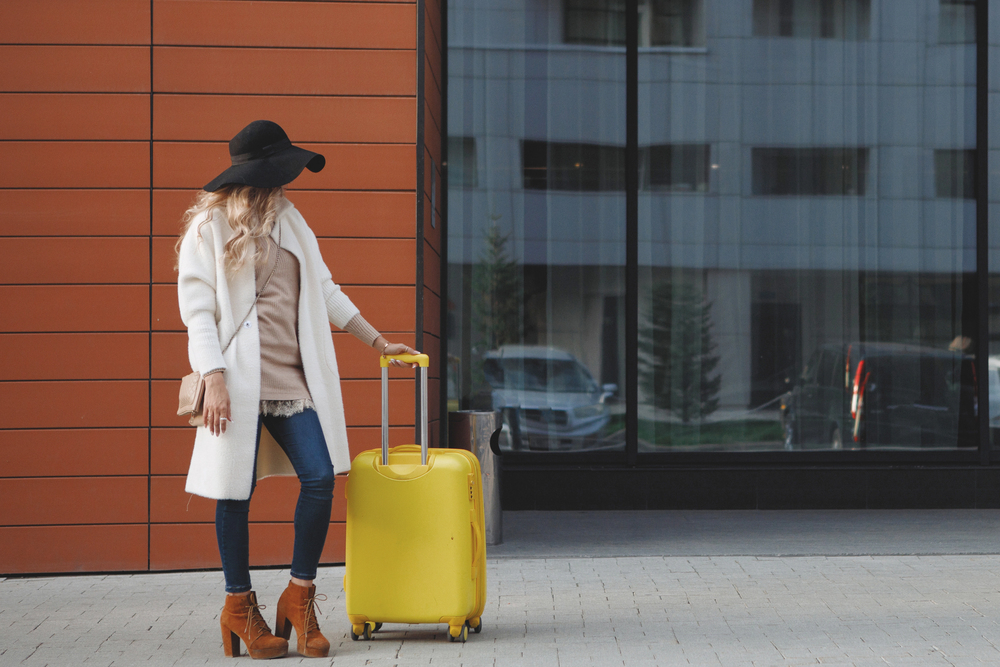
Airlines can’t bill you for your clothing — so wear your heaviest pieces rather than packing them. Layer up with boots, thick coats, and multiple shirts before airport arrival. Sure, you might look a bit overdressed going through security, though you’ll save cash and suitcase space. Once aboard, just shed those layers and stash them overhead.
Shipping Ahead
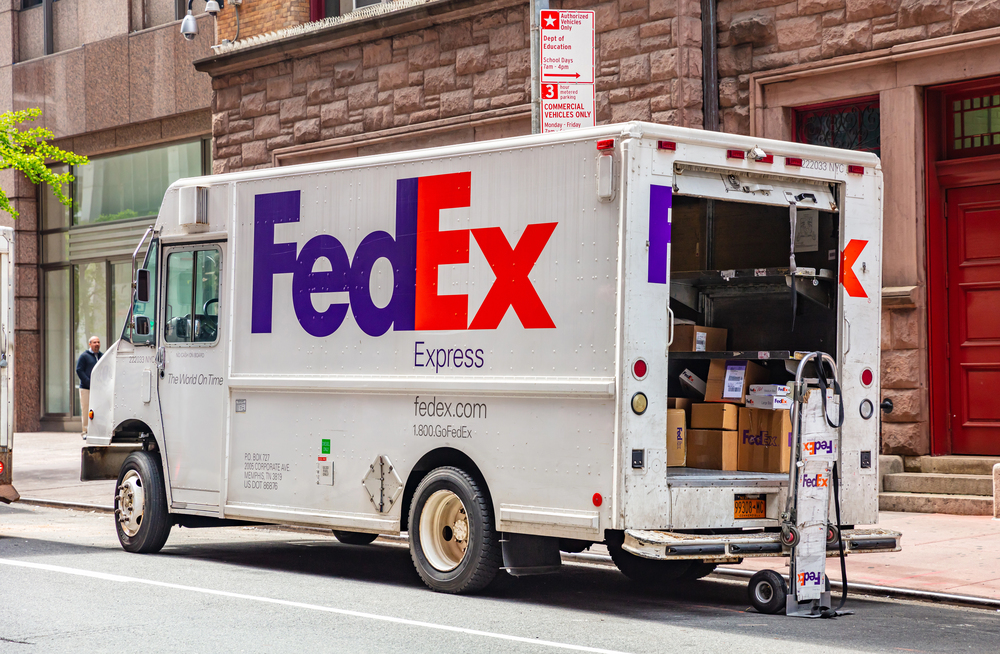
— Photo by gioiak2
Sometimes shipping luggage to your destination costs less than airline baggage fees. FedEx and UPS offer competitive rates for packages under 50 pounds — especially valuable when hauling bulky gear like ski equipment or souvenirs. This method works best for extended trips where you’d otherwise face multiple baggage charges.
Partner Airline Benefits
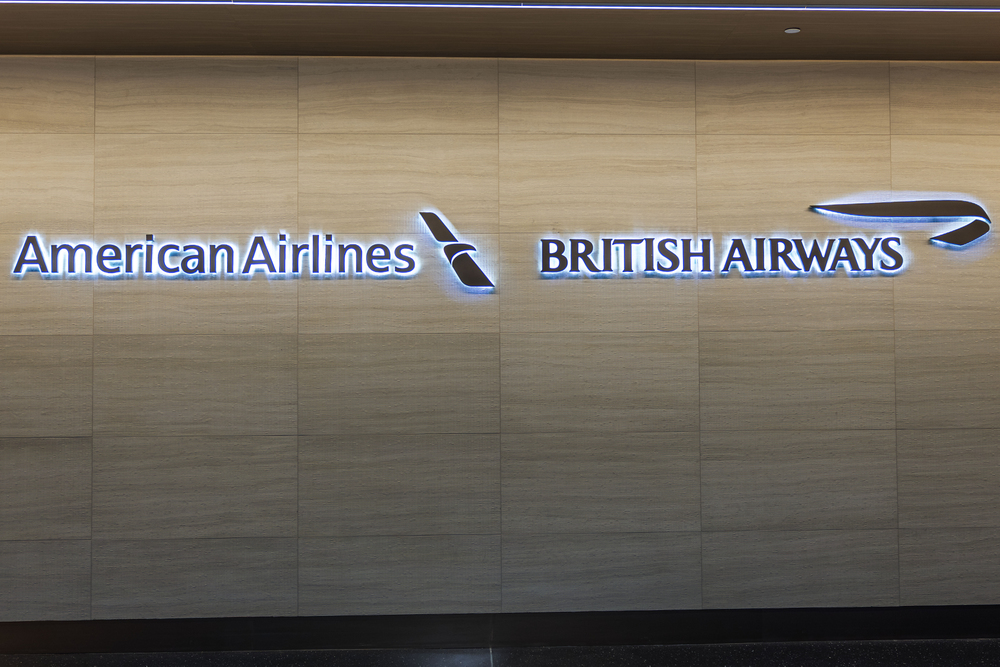
Elite status or credit card perks with one airline might extend to their partner carriers. Many airlines participate in global alliances that recognize each other’s elite benefits. Your American Airlines status could unlock free bags on British Airways flights, while Delta credit card benefits might apply to KLM journeys.
International Flight Allowances
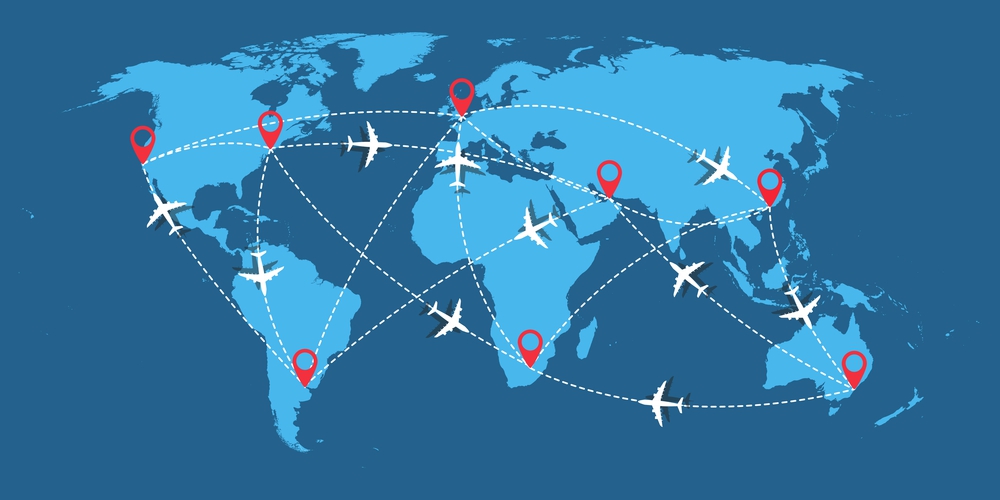
Numerous international routes still bundle checked baggage into ticket prices — even with budget carriers. If you’re connecting through an international hub, your entire itinerary might qualify for complimentary baggage. This pattern appears frequently on European, Asian, and South American routes where baggage fees haven’t penetrated as deeply as domestic U.S. markets.
Group Booking Advantages

Certain airlines provide baggage fee discounts or waivers for group reservations of 10 or more passengers. This approach benefits family gatherings, corporate trips, or group vacations. Even smaller parties sometimes receive group pricing — particularly if you inquire politely during the booking process.
Travel Insurance Coverage
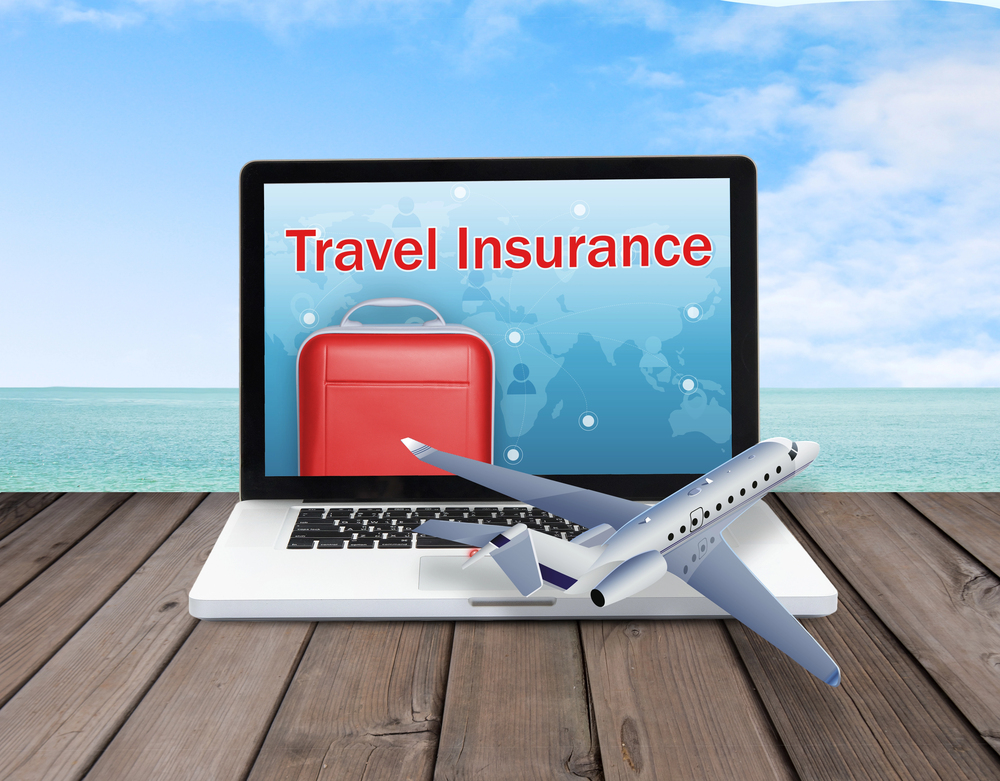
Select travel insurance policies include baggage fee reimbursement among their benefits. Premium credit cards with trip protection commonly offer this coverage. Review your policy specifics before departure, as some insurers reimburse checked bag fees when flights get delayed or canceled and you need to check bags consequently.
Seasonal Promotions

Airlines periodically launch promotions that eliminate baggage fees during busy travel periods or to boost new route popularity. Southwest built their entire brand around ‘Bags Fly Free’ as a permanent feature, while competitors offer temporary holiday promotions. Subscribe to airline newsletters to spot these opportunities when they surface.
Student and Youth Discounts

Multiple airlines provide special baggage allowances for students carrying valid student identification. These offers often hide in the fine print but deliver substantial savings on longer journeys. Some carriers extend comparable benefits to travelers under 18, regardless of family accompaniment.
Disability Accommodations
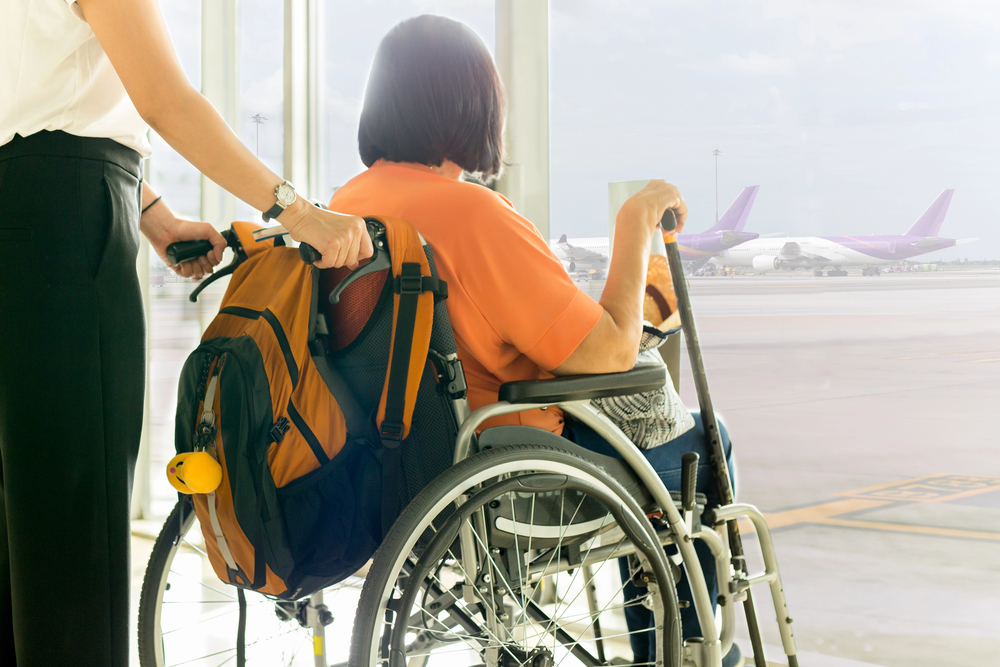
Passengers with disabilities frequently check mobility aids and medical equipment without charge. This encompasses wheelchairs, walkers, and even substantial items like hospital beds when medically required. Contact the airline beforehand to discuss your specific needs, since gate agents may not know all available accommodations.
Codeshare Flight Loopholes
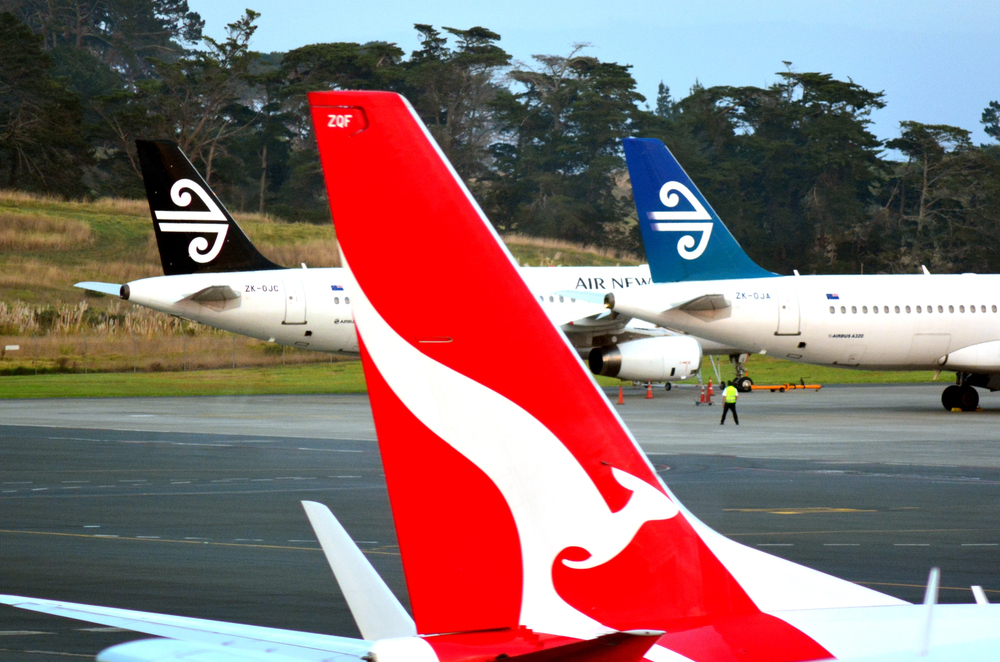
— Photo by lucidwaters
Booking codeshare flights sometimes subject you to the operating airline’s baggage policies rather than the marketing carrier’s rules. This situation can benefit you when the operating airline maintains more generous baggage allowances. Always verify which airline actually operates your flight and review their specific policy details.
Oversized Item Exceptions

Airlines occasionally waive fees for items exceeding standard size limits but serving specialized purposes. Musical instruments, sporting gear, and professional equipment often qualify for reduced fees or special handling procedures. Contact the airline in advance to discuss your particular items, as gate agents possess some discretion in the policy application.
Loyalty Program Redemptions
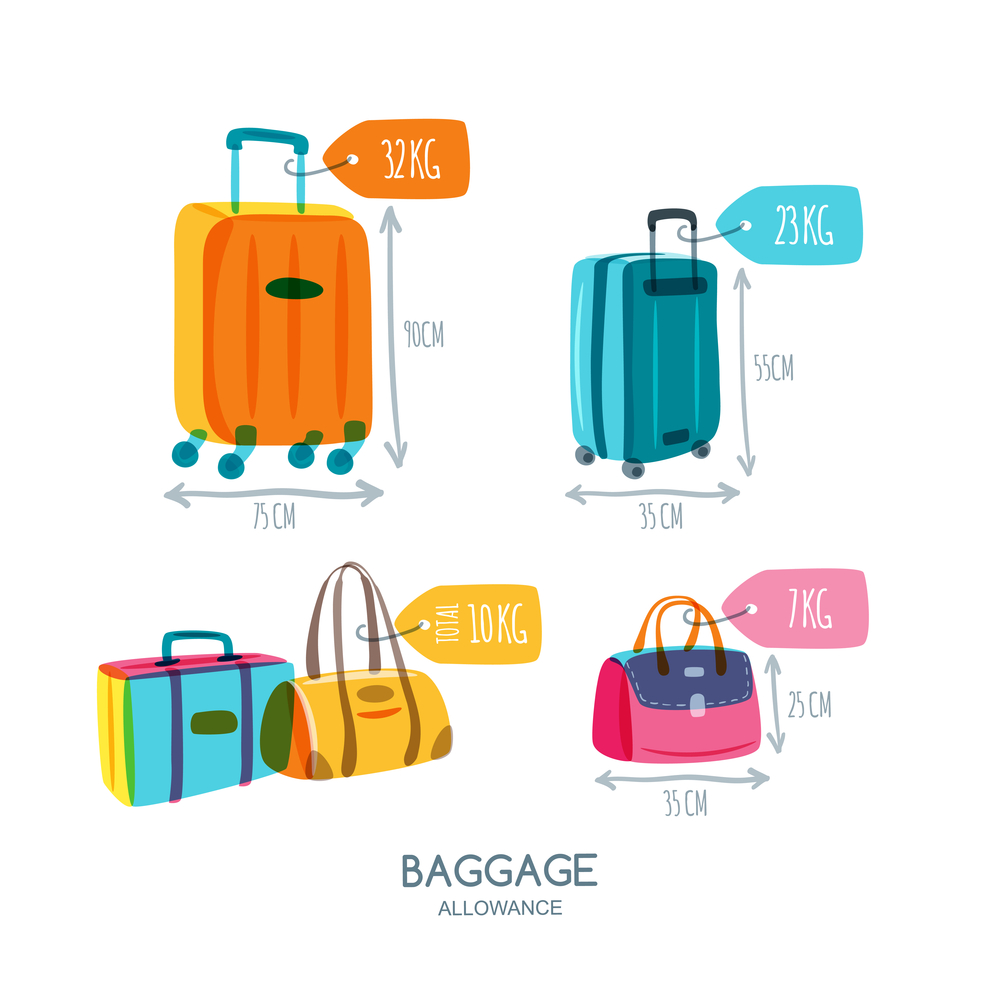
Some airline loyalty programs allow miles or points to cover baggage fees instead of cash payments. While not technically ‘free,’ this option provides value for miles approaching expiration. Redemption rates aren’t always favorable, yet it beats losing unused miles or paying cash when funds are tight.
Flying Smart in the Fee Era

The airline business model has completely transformed how carriers generate revenue, moving from comprehensive ticket pricing to itemized services where extras carry additional costs. Mastering these policies transcends simple money-saving — it’s about thriving in a new landscape where prepared travelers enjoy substantial advantages over those arriving unprepared at the airport. Airlines that once viewed baggage fees as unfortunate necessities now consider them vital revenue sources, yet they’ve simultaneously created legitimate pathways for savvy travelers to circumvent these charges completely.
More from Travel Pug

- 20 Best Beach Towns in the Carolinas
- 13 Destinations Where Tourists Regularly Regret Their Trip
- 20 Things You Actually Get in First Class
- 20 Small Airports With Aviation Museums
- 20 Places in the U.S. That Are Perfect for a Reset Trip
Like Travel Pug’s content? Follow us on MSN.
